|
In a time of unparalleled prosperity, general economic and technological advancement and inter-connectedness, how is it that there are still so many people in need?
Today, rather than start at the top and look at notions of wealth distribution and inequality, I would like to unpack the notion of charity as it operates in our modern world. Charity; “the voluntary giving of help, typically in the form of money, to those in need.” “kindness and tolerance in judging others.” Charity is voluntary. It is related to our judgement of others. It requires an imbalance of resources, allowing for discretionary distribution of those resources along ‘charitable’ lines. It is possible, to be wholesale contributing to the suffering of others in your day to day life, your work, or your business while still being ‘charitable’. Therein lies the main problem. The paternal, hierarchical nature of modern conceptions of charity leave the door wide open for manipulation, misdirection, misunderstanding and worst of all, incomplete, inconsistent and inadequate outcomes for those in need. A kind of modern day, PR driven papal indulgence where we can transact to save our souls. If we replaced notions of ‘Charity’ with notions of ‘Justice’, how would that change the way that we made efforts towards improving equality of opportunity? Justice; “the quality of being fair and reasonable.” Could we ever consider it ‘just’ that we fail to pay living wages to people? Could it be considered ‘just’ to punish someone for a lack of guidance, education and resources? Could a ‘just’ society unevenly distribute the ways and means for people to advance to be the best of their abilities, hamstringing people who might otherwise grow to be outstanding, productive, contributing members of our communities? Could a ‘just’ society ever allow people to go hungry when there is food, go cold when there are enough roofs or remain uneducated in a time of unprecedented knowledge sharing capabilities? I am not advocating for a free-market, capitalist, neo-liberal ‘the market fixes everything’ approach as the alternative to charity. I am talking about changing the way we speak about our responsibility to others, to continue to move towards an understanding that everyone needs help at some point in their lives. A society that values justice, “the quality of being fair and reasonable.” would try and ensure that everyone who needs help, gets it, regardless of how and when they come to need it. It is time to move from a conversation that focuses on paternal transactions for ‘people in need’, a conversation where the emphasis is on the giver, not the receiver. To creating a conversation about the needs of ‘People’ in a just society. If you are ready to move from a transactional model of altruism to a transformational one, The Just Be Nice Project is the only organisation of it’s kind working to change the way people help people. Get in touch if you’d like to find out more, we’d love to hear from you. We live in an age where everyone’s able to ‘communicate’, and I use the term loosely, with one another across the globe with more ease than at any time in the history of the world. We also live in a time of unprecedented stress, anxiety and feelings of disconnection.
Why then, in a world that is “flat and hyper-connected” are we feeling more and more isolated and out of touch with ourselves and the world around us? Michael Pollan, in his docuseries ‘Cooked’ explains how the traditional way of baking bread created a nutritious staple that for thousands of years provided sustenance to many. Hijacked by efficiency, profit and the mass-market, ‘white bread’ came to be popular with the advent of Wonderbread. This highly processed, nutrient poor, very popular item took the place of the more traditional sourdough over time. We then re-introduced exogenous vitamins and minerals into it to boost its nutrition profile, creating a poor facsimile of what was already, originally, a formula for nutritious, tasty and healthy food. As society barrels towards the deification of ‘apps’, ‘insta-celebrity’ and smart phones, we are attempting simultaneously to reintroduce humanity to principles that we’ve done naturally for thousands of years. Mindfulness, time alone, wearable step counters, apps for meditation, apps to remind you to say hello to your mother, apps to connect you to people that need help. All of these are poor imitations of things we have been doing for time immemorial. We didn’t used to have constant stimulation, we operated in daylight hours, or by firelight. We didn’t watch TV constantly. We wouldn’t simply ‘post’ stories to the masses. We would become caretakers of myths and the songlines of people before us for the next generation and share stories with each other. We didn’t need ‘grounding’ we just played outside. We didn’t need an app to remind us to say hello to our neighbours, we engaged with them, cooked with them, ate with them, spoke with them. We didn’t need an electronic device on our wrist to count our steps, we simply walked where we needed to go. Communities and amenities were close, and ironically, communal. We didn’t need apps for meditation, because downtime was a natural occurrence. Seasons of the year allowed for variation in the kind of work we did, the environments we operated in and the challenges we faced together as a community. If we go back beyond the industrial age, ‘single parenting’ fades into irrelevance because the village community took responsibility for everyone in it. We are not more connected, we simply have an inappropriate amount of availability masquerading as connection. We aren’t creating environments that curate connection, we are promoting environments that curate attention. The problem with availability and isolation as a result of the industrialisation of human interactions will not be solved by an ‘app’. More niche variations on the deference of human interaction to screens will not improve our mental health or understanding of each other. The answer lies in taking responsibility for one another. Taking responsibility means taking the time to understand the challenges and opportunities faced by people outside of ourselves. Taking responsibility means an active engagement with the people and places around us. It means placing a priority on human connection, not digital attention. Let’s not try and add the vitamins back into the white bread of human interaction, let’s take a moment to slow down and do things the way they have been done for the vast majority of human history, let’s take responsibility for one another, look after one another and of course, just be nice. If you wish to support our work bringing tangible support to communities and individuals in need, or need help with strategies and programs to look after those in your organisation, get in touch, become a partner, book a workshop or subscribe and be a part of changing the way people help people. What if supporting children made them lazy and dependent on help from others?
What if they only look for help and support because they want to avoid hard work and responsibility in the future? What if by helping, guiding, supporting and building up children we are only teaching them to be reliant on others, bludge and take no responsibility for themselves? Obviously this is ridiculous. We know that children need support and care, they need help, encouragement, love, food, education, shelter, safety, clothing, friends, activities to maximise their physical and mental capabilities and engaging moments. Why then, do we not simply remove the word 'children' and replace it with 'people'. People need support in various moments through their whole lives, support from loved ones, support from community, support from government institutions and safety nets, support from people they interact with. If you delay that environment for humans, if they grow up in disadvantage, in fear and without support, it can take longer to fill those gaps when they are older. Supporting people doesn't make them weak, it doesn't make them bludgers, it doesn't make them reliant on others. Supporting humans helps them to be the best they can be, and a world full of people being their very best is one we are constantly striving to create. We believe that everyone deserves comprehensive, long-term support, when they need it. Building an infrastructure that ensures everyone in need gets the opportunity to relevant and engaging employment, housing and good mental health outcomes, regardless of how they came to need help in the first place. Possibilities to live into, not expectations to live up to. Still, we need your help. Subscribe, support or get in touch to get involved in changing the way people and businesses help people.
If you are looking to improve your character as individuals and culture as a collective, you need to be looking in the right spot, asking and answering the right questions and building understanding in a way that makes sense to you. It’s not always easy, it can be confronting, but it is always worth it.
Get in touch to begin the process now and kick off 2019 with open minds, open hearts and a commitment to excellence as humans. You deserve to be the best you can be and we believe the world needs you to be the best you can be too.
We aren't here to demonise for-profit or non-profit organisations. We are here to demonise waste.
We don't believe that good will is more important than good skill for people in need. We believe that we can change the way that people help people, but we need your help, if you or your organisation are looking to have a more significant and relevant impact in the world, get in touch.
 We want to change the way people help people. To do that, we need to continually improve the understanding of the needs of communities and causes of disadvantage. To do that, we actually need to guide people to mastering their own character in order to develop perspective that allows them to understand other people's circumstances. On this mission, we have seen children being 'taught' disadvantage in a way that actually harms their capacity for resilience and real understanding, not through any bad intent, but through confusion as to the best way to develop understanding and agency for people of all ages. If you, or anyone you know are looking to build character and resilience, or looking to have a meaningful impact in the world, enquire about our courses and opportunities for partnership below. 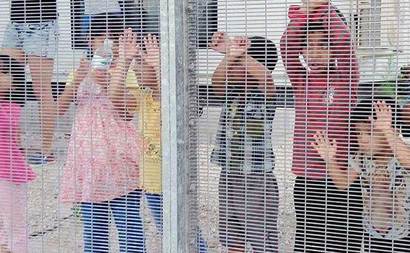 Image Courtesy of Mums 4 Refugees Image Courtesy of Mums 4 Refugees
This week we have gotten angry about current proposals to allow discrimination in schools based on sexuality, and the continuing blatant mistreatment of asylum seekers on Manus Island and Nauru.
With mental health day yesterday, we need to speak up to ensure that we create environments that foster inclusivity and opportunity for all, in order to provide avenues to improved mental health for everyone. In Australia we are in a privileged position to be able to be lift people up, we can't allow our policies to be those that segregate, discriminate and keep people down. To support our work providing avenues to opportunity from all walks of life, please subscribe here; for less than $10 a week you can help us ensure individuals and communities get proper housing, employment and good mental health. 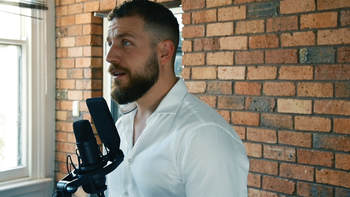
We've come a long way with encouraging men to speak up about their poor mental health and to let people know when they are struggling.
But what are we doing after that? The Just Be Nice Project is committed to not only improving the conversation around mental health, but also improving the access to the material support required to create environments where people can flourish. You can support our work by subscribing and becoming a JBN Legend Here, we can't do it without the support of our amazing partners and subscribers. Helping people feel good about doing good is an important element of engagement, but it cannot be the end-game to getting people involved in positive impact.
Is it easy to feel good about things that don't do that much good? Absolutely. Is that the best we can do? Absolutely not. The end game, and point of help, should always be about what happens for the person in need. Teaching people what effective looks like for people in need, rather than finding ways to make people feel good about attempts at help, is the real future of helping people, help people. Our work at the Just Be Nice Project is about harnessing the potential of every organisation and individual into effective impacts for those in need, while remaining engaging, relevant and worthwhile to those providing the help. There is a better way. Creating extraordinary positive change in the world, by helping people make ordinary positive change. |
Just Be NiceA collection of articles relevant to pursuing the effective execution of altruism in the search for equality of opportunity. Archives
February 2020
Topics
All
|
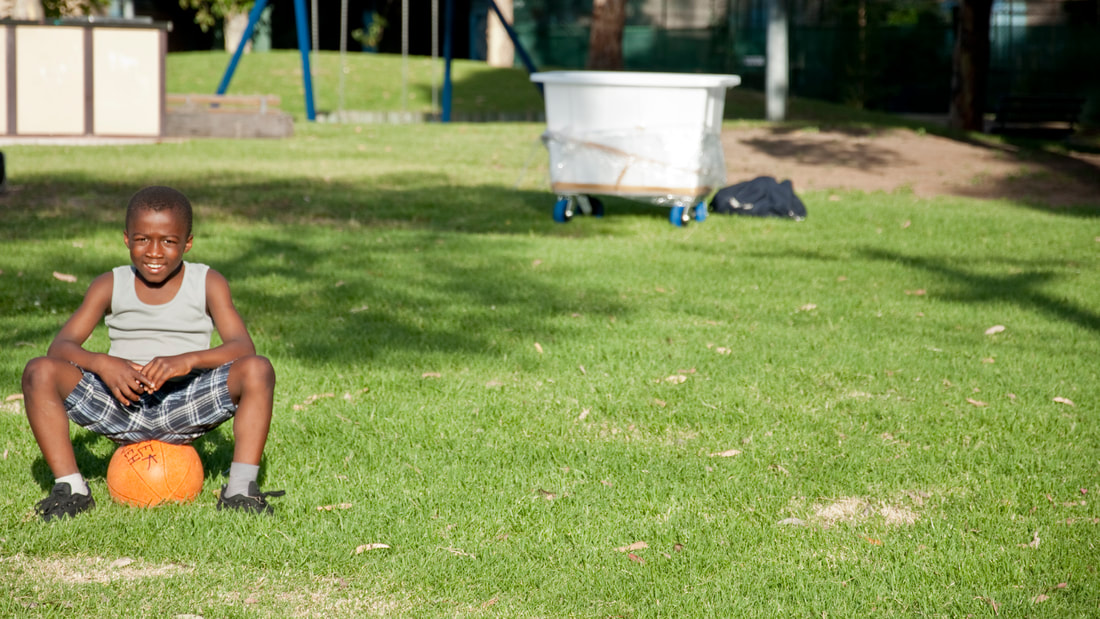
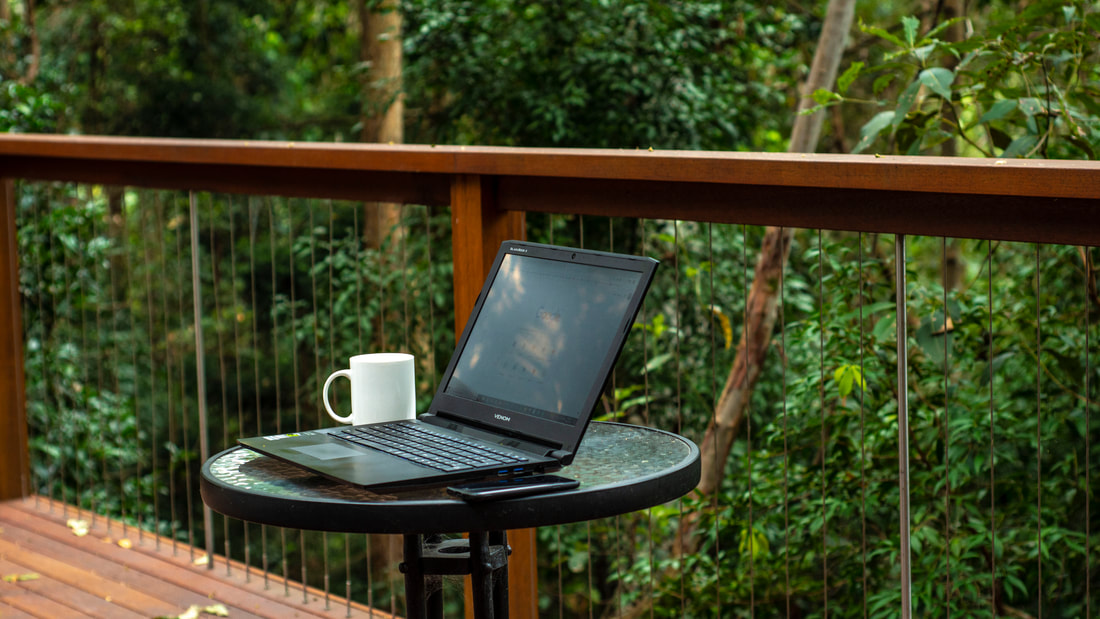
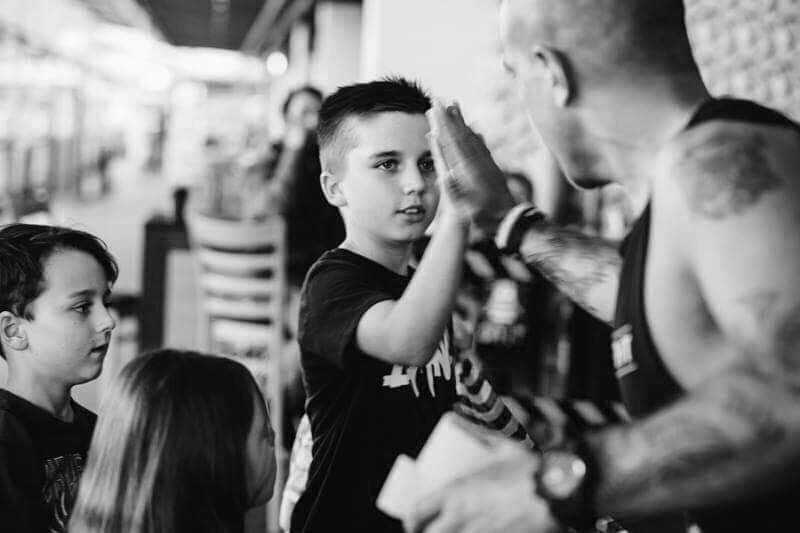
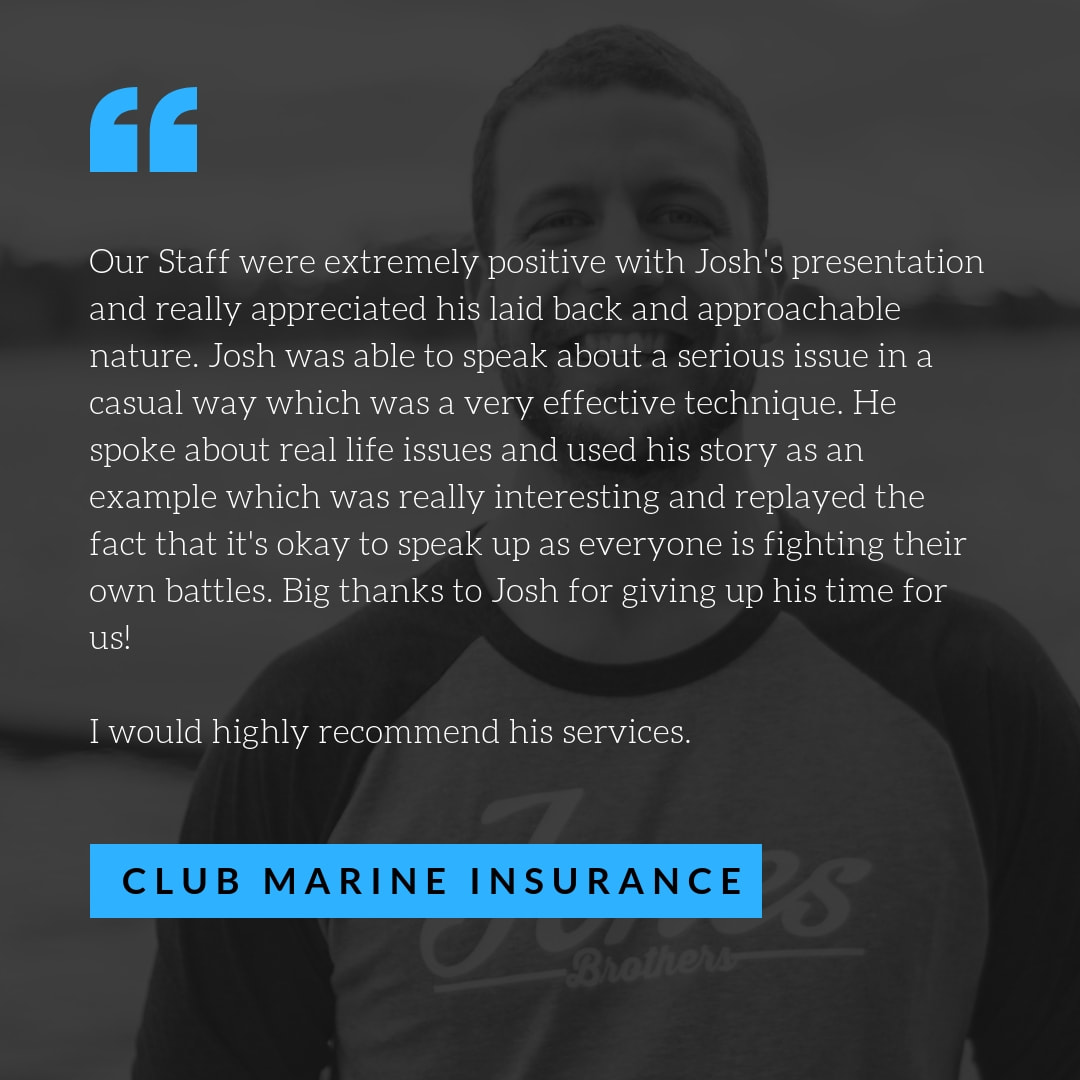
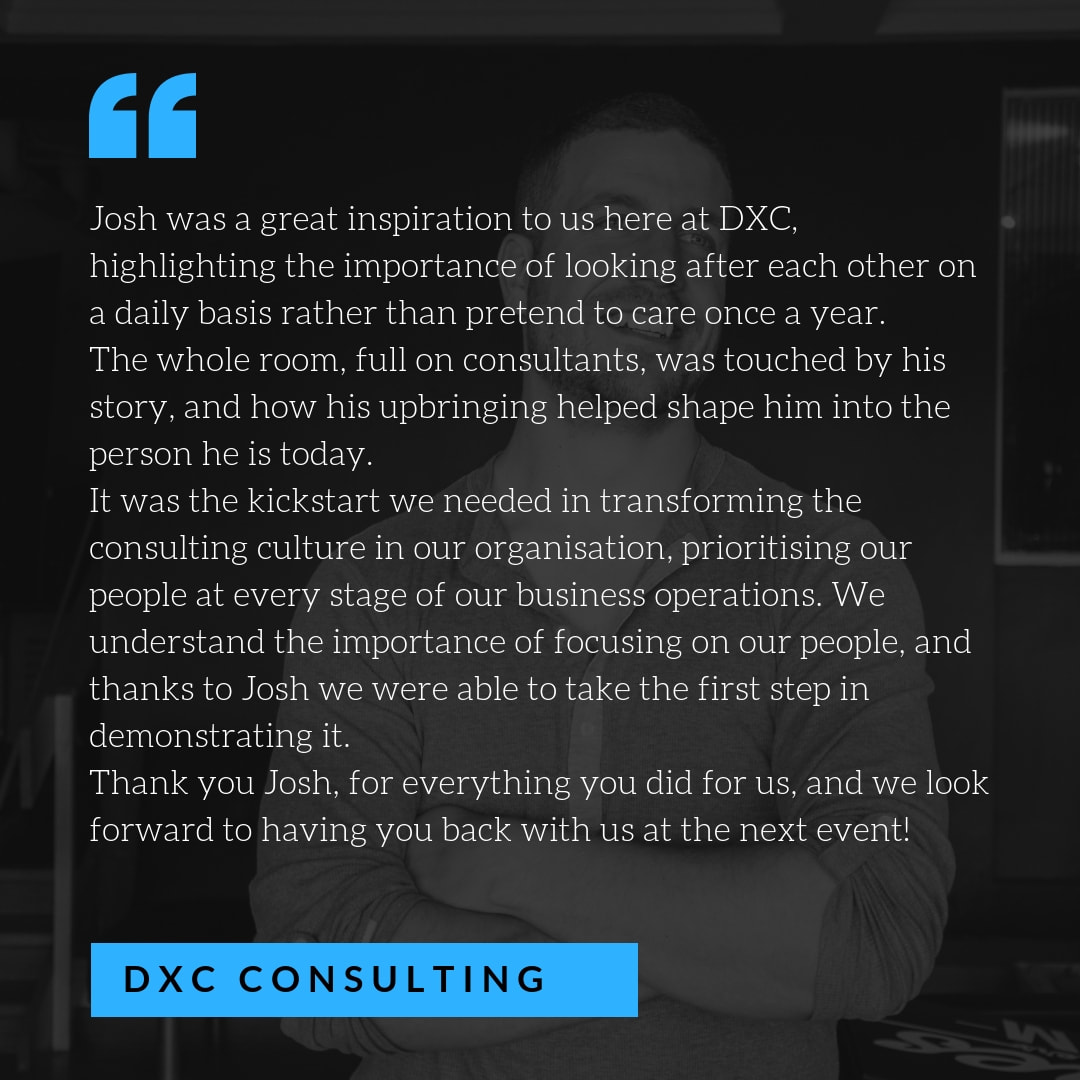
 RSS Feed
RSS Feed